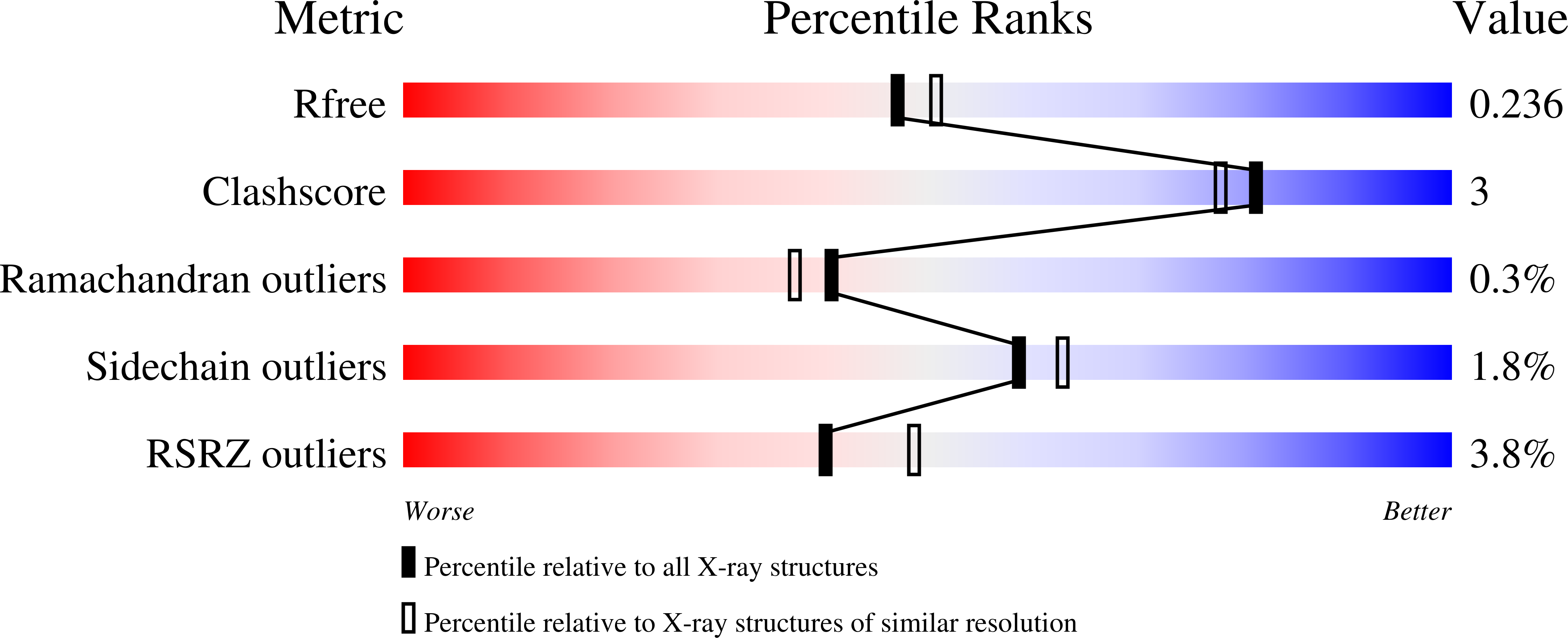
Deposition Date
2021-09-30
Release Date
2021-11-24
Last Version Date
2024-11-13
Entry Detail
PDB ID:
7SEG
Keywords:
Title:
Crystal structure of the complex of CD16A bound by an anti-CD16A Fab
Biological Source:
Source Organism(s):
Homo sapiens (Taxon ID: 9606)
Expression System(s):
Method Details:
Experimental Method:
Resolution:
2.16 Å
R-Value Free:
0.23
R-Value Work:
0.18
R-Value Observed:
0.19
Space Group:
P 1 21 1


